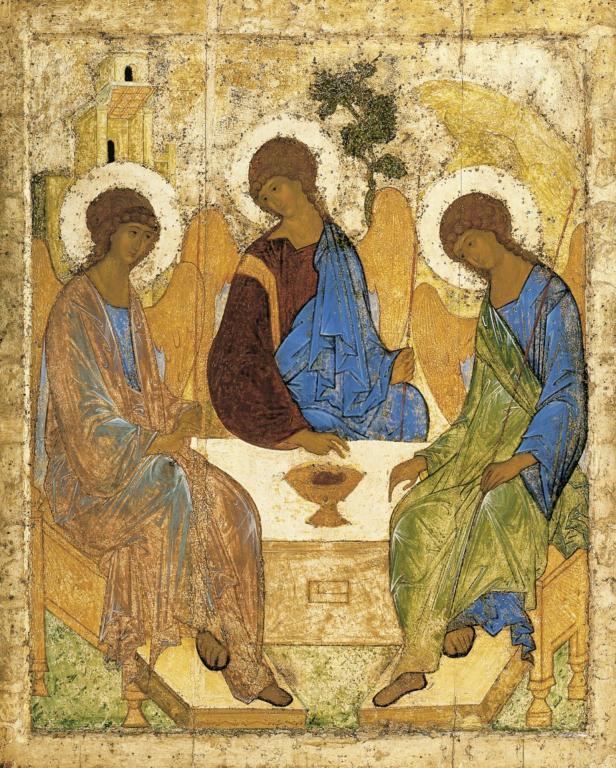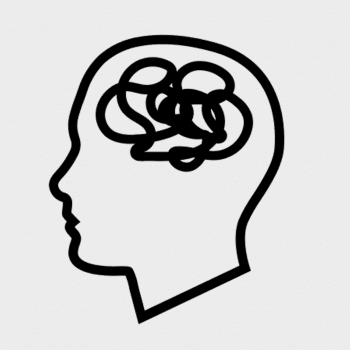If you’ve been following this series, you know not to set New Year’s Resolutions. Instead, you know to form strong habits, which demands that you start small and be consistent. You also know that, for this to be effective, you should rely on cues and rewards rather than motivation and willpower.
So what’s missing? From a neuroscience perspective, what’s the final key to habit formation?
The role of relationship
The third and final key to habit formation is this: personal change happens in relationship with others. It matters that we strive to form virtuous habits together with our loved ones.
If you follow my blogging, you’ve heard me go on and on about the importance of relationships. Our bonds with friends and family are essential to our flourishing, both during development and throughout our lives.
Habit formation is no exception. We know this intuitively; think of your study group, your workout buddy, or your co-workers. Without them, what would your daily habits look like?
Research confirms this idea. A recent study found that when someone initiates a new health habit, it is extremely likely that this habit will also positively affect his or her partner’s health. Some of this is due to accountability: the American Society of Training and Development (ASTD) found that your chances of successfully reaching a goal increase 30% when you explicitly commit to an accountability partner.
But it’s not just accountability. As inherently relational creatures, we look to others to provide cues for our behavior, to celebrate our successes and discipline our failures. We rely on the example of others to inspire us, the feedback of others to inform us, and the accompaniment of others to bring us strength and joy. We are made for relationships of love, and growth in virtue takes place in the context of these relationships.
Wired for relationship
Why is this the case? Because our species is wired for relationship. Through most of our evolutionary history, we lived in close-knit families embedded in tribal or clan settings.
As a result, our brain was selected to develop, function, and thrive in the context of such bonds. Our reward circuits are wired to respond to interpersonal feedback, and our striatum (the region that initiates habit formation) responds to social cues. When this goes wrong, we call it “peer pressure.” But when it goes well, it gives us the strength to adhere to what we know to be good, despite our weakness. It permits an otherwise-unattainable growth and flourishing.
So to act according to our evolutionary biology, we must lean into our friendships and relationships. Don’t hide your goals, struggles, and desires from your loved ones. Share them. Ask for assistance and accountability. Yes, it requires vulnerability, but the accompaniment of your friends and family is essential in your journey toward your best self.
Now let’s theologize
Again, this is exactly what the Church teaches us. Throughout Sacred Scripture are innumerable stories that reveal this truth: that we are made for relationships of love.

On a doctrinal level, think of the theology of the Trinity. God exists as a communion of three divine Persons giving themselves completely to one another. And He created us to participate in that very communion. Think of Christ’s outpouring of love on the Cross. He invites us to love each other in that same self-sacrificial way, to find our identity and fulfillment as members of His Body.
Find the rest of this series here.
Further reading recommendations
Though the research is constantly evolving, Louis Cozolino’s The Neuroscience of Human Relationships is a thorough and rigorous introduction to the field.












